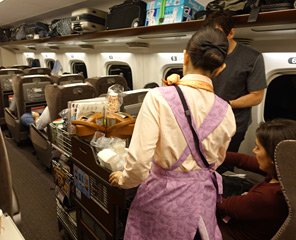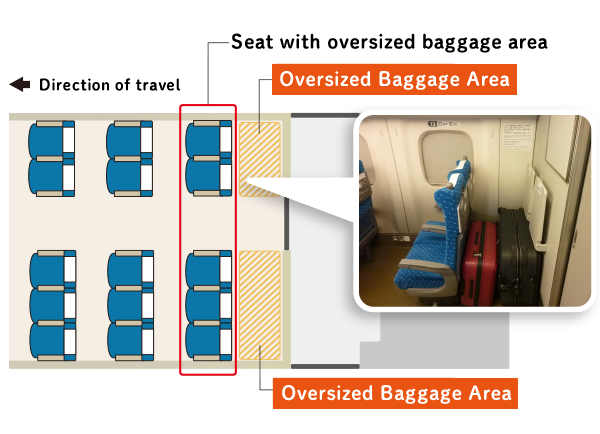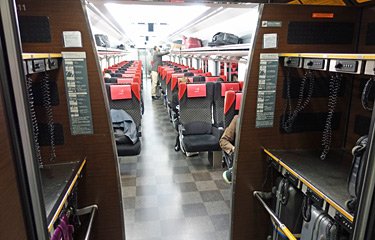We have discussed this a lot and it will be interesting to see in the post covid world how all this plays out. Where does rail travel make sense? With the current level of rail technology in the US (which quite frankly stinks, in terms of passenger rail travel) does it make sense? Is something like hyperloop ever going to be a reality, if so then standard rail passenger trail, especially long distance, may be made obsolete (and hyperloop at this point is still science fiction; but if you have something that can deliver people at speeds comparable to an aircraft, it could be viable, assuming it isn't vaporware like fusion power currently is).
And the answer is we don't know. Right now airline travel is really, really heavy, not surprisingly. But long term, is business travel going to be what it was before the pandemic? Business travel was a huge part of their revenue stream, in the day and age of zoom and webex, will that still be used? Business travel is expensive....so will the corporate execs decide it is still needed, that you need to go and talk to customers and the like, or will it be mostly eliminated, saving a lot of cost?
If remote work becomes the norm (I have my doubts in the panacea some claim), you might need high speed rail so remove workers when they do come in can do so efficiently (I am talking more exurbs to population centers, not NY to Chicago).
One of the real problems is that in the US we do a really bad job of trying to plan for tomorrow, we always seem to be planning for the day before yesterday (there was an old statement that is very true, that the military always seems to start out fighting the last war, in WWII they were thinking trench warfare and poison gas, for example). Right now I could make the argument many are, that long distance rail travel makes no sense, but that may not apply to the future. Not just what post covid will bring, but also things like how the heat waves and drought out west potentially could change feelings about climate change (to make this non political, I am not saying anything about Climate change itself, talking perceptions). Will people seeing what we have seen start believing we are in a crisis, and if so, will jet airplanes come under fire for their potential role in what is going on? Keep in mind that perceptions often matter more than reality, you see what is going on in the world and you see how powerful that is.
rail travel can be a lot 'greener' than airplane travel on a number of reasons, in theory diesel train engines can operate on biodiesel that is co2 neutral, something airliners cannot, or electric engines, even with fossil fuel based power plants, have a much lower co2 signature then airliners or diesel engines running diesel fuel. Will that play into this?
The car culture is changing, too. Most of us on this board tend to be cranky, older baby boom, maybe some gen x, and older generations where the car was this gee whiz piece of freedom. That isn't true among younger people, that culture isn't there (it is bad enough the car magazines have had more than a few pieces on it). How will that play out in the future, will rail travel be more like Europe? (and again, guys, these are just questions, I offer no answers).
One thing I do know is you can't look at current Amtrak and make any kind of predictions for the future. To be blunt, Amtrak has been kept limping along the way you keep that old clunker car going. You can't say how effective rail travel would be when the way Amtrak operates itself is a mess. It came out of a rail plant that was a disaster (basically private railroads, themselves awash in red ink, chucked it away). In many places it operates over track it doesn't own and often has the priority of a troop train in WWII on the rails (read accounts of WWII vets who traveled on troop trains.....). Its equipment can be state of the art running on track and with signalling systems from the dark ages, or track suited for freight traffic, not high speed passenger.
Honestly Amtrak has never had a mission formalized, it is just like 'keep the trains running'. Some politicians, who are vocal about Amtrak being a waste, are the same politicians when they want to cut out routes, scream bloody murder if it is in their domain. Others who are supportive or claim to be, don't put their money with their mouth is. As others have pointed out, people who talk about high speed rail, point to China as to the way it can be done, are the same people who are fighting creation of high speed rail routes, who say "not in my town".
What is needed is rational analysis that isn't based on perceptions but reality and that is the hard part. We have those who still see the automobile as king of the hill and refuse to see that it may not be king any more, that spending money expanding roads that end up clogged with more traffic might not work. Then we have those who romanticize train travel and think it is the solution to everything, when it isn't. We have those who claim airline travel because it is a 'private' business is superior because it is, and leave out the tangle between it and government entities that help make it viable. Not to mention there is airline service right now that is mandated that makes absolutely no sense, flying to places with little air travel because they get something out of flying there, not unlike having long distance rail stops in rural west virginia happen.
I don't expect this all to happen, mind you, like most things if change happens it will be because it is forced, either popular perceptions or because of government mandate. For years, the auto industry in the US claimed people didn't care about quality or safety on cars other than 'eggheads' (you know, people who bought volvos and the like because they promoted safety), said it 'didn't sell'...and it nearly put them out of business because when people saw that cars could have quality, didn't need to fall apart at 30k miles, it became important. People became aware of the number of people dying on the roads, the numbers, and that caused a change in perception and the political will to mandate seat belts and later safety feature.
My guess would be that the perceptions around climate change are going to hit home eventually and that is going to change things. Will rail travel be part of that? Unknown but I wouldn't write it off, either.


 (image taken from
(image taken from 


